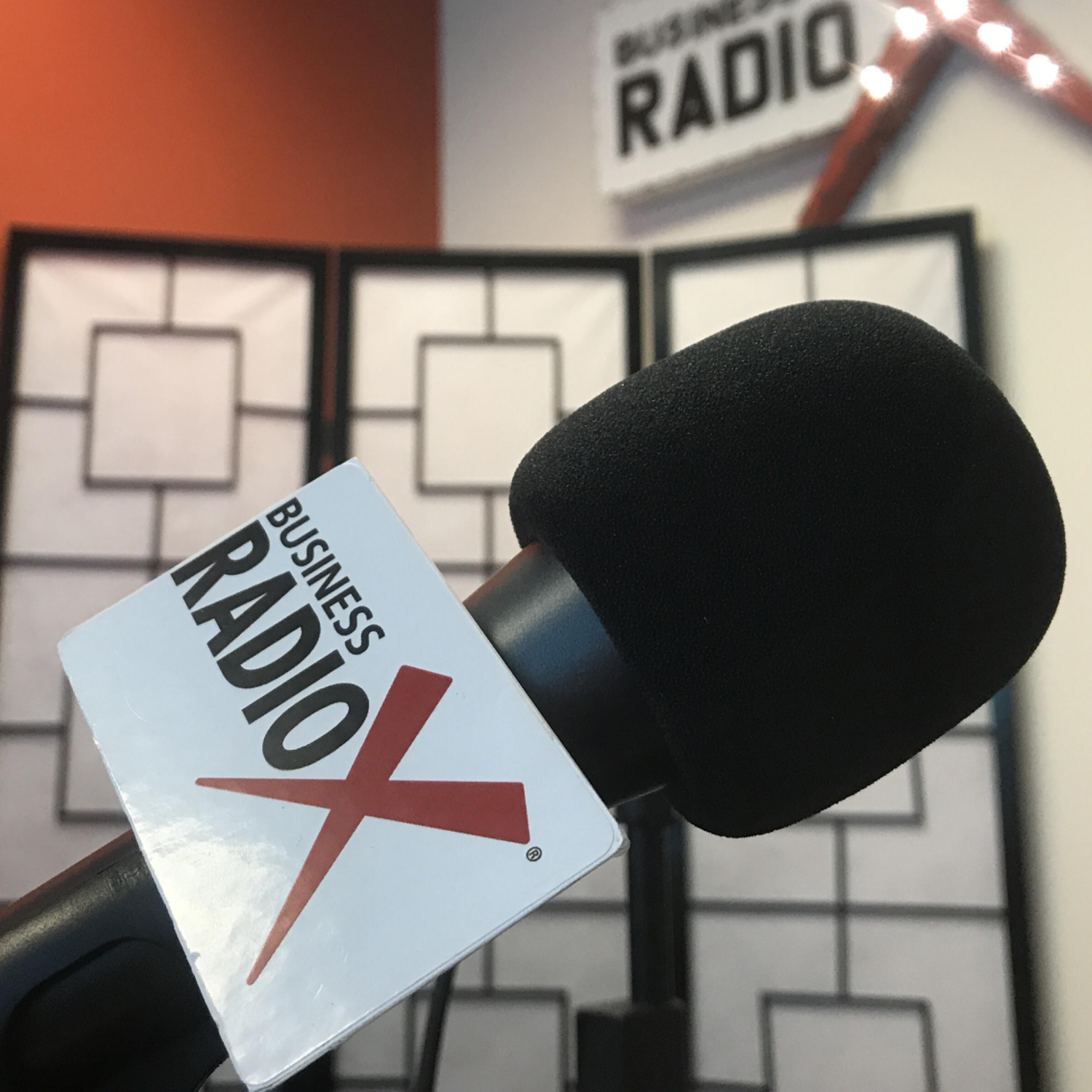
BRX Pro Tip: More Relationship Building Moments
Stone Payton: Welcome back to Business RadioX Pro Tip. Stone Payton and Lee Kantor here with you. Lee, the Business RadioX Network has literally been built on what we call relationship-building moments. Say more about it.
Lee Kantor: Yeah. Relationship-building moments are kind of, like you say, at the heart of what we do and a lot of the value that we provide for our clients and studio partners. And I think that a lot of professional services people and business coaches, they’re not understanding the importance of relationship-building moments and how to incorporate relationship-building moments with their prospects and clients. And by doing that, you’re going to be able to create stronger, more meaningful connections a lot faster. And this kind of activity, if you’re doing this tenaciously and relentlessly, this is going to help you elevate your relationship beyond that typical transactional interaction that most service providers have sadly. And at Business RadioX, we have systems in place that help our clients build deeper relationships faster.
And here are the four relationship building moments that our clients benefit from at the minimum. This is kind of just the table stakes when you start working with us, and what you’re able to do and how you’re able to use this to accelerate and nurture relationships. Number one, the first relationship-building moment comes when our clients invite a guest on a show. This is a very non-salesy, very service-oriented way to meet someone new and to introduce them to your services and yourself, just by inviting them on the show that we have created for you.
And a lot of our clients have a second relationship-building moment. They have a pre-call with the guest that helps the guest have a good experience when the interview actually takes place and it helps prepare them, it helps them get ready and make sure that they have a good experience when the interview happens.
Number three, the third relationship-building moment is that actual guest experience. And we want to make sure that the guest is prepared with anecdotes, and stories and success stories to share and advice to give, so they have a really good piece of content that’s going to help them get a client down the road.
And finally, the fourth relationship-building moment that we advise our clients to take advantage of is a follow-up call after the interview to make sure that the guest gets the most out of their interview, how they share it, how they use it. A lot of different ways to leverage that content so they get the most bang for their buck of doing the interview. So, if you want to learn how to add more of these moments to help you build your pipeline and grow your business, you should contact Business RadioX right now.



 Jeff Kalil is the owner, principal broker, and certified business valuation analyst of
Jeff Kalil is the owner, principal broker, and certified business valuation analyst of  Ramzi Daklouche is Principal at
Ramzi Daklouche is Principal at 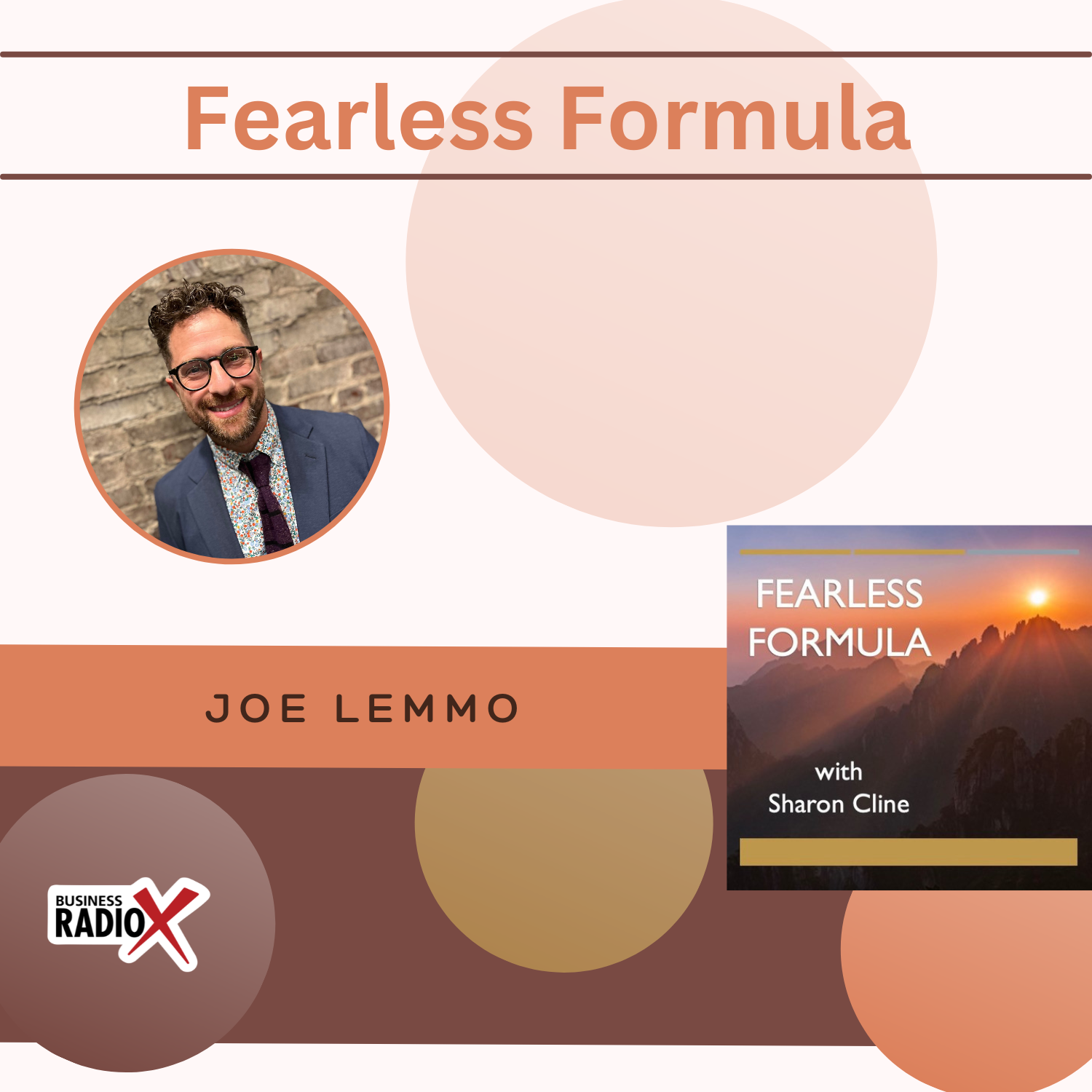
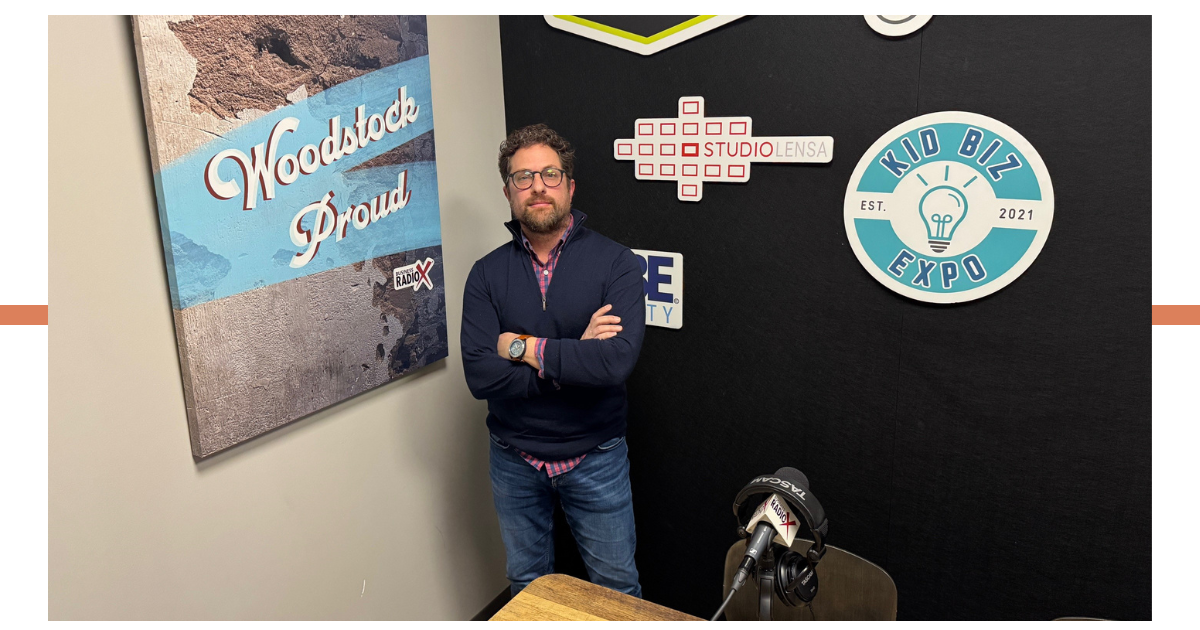
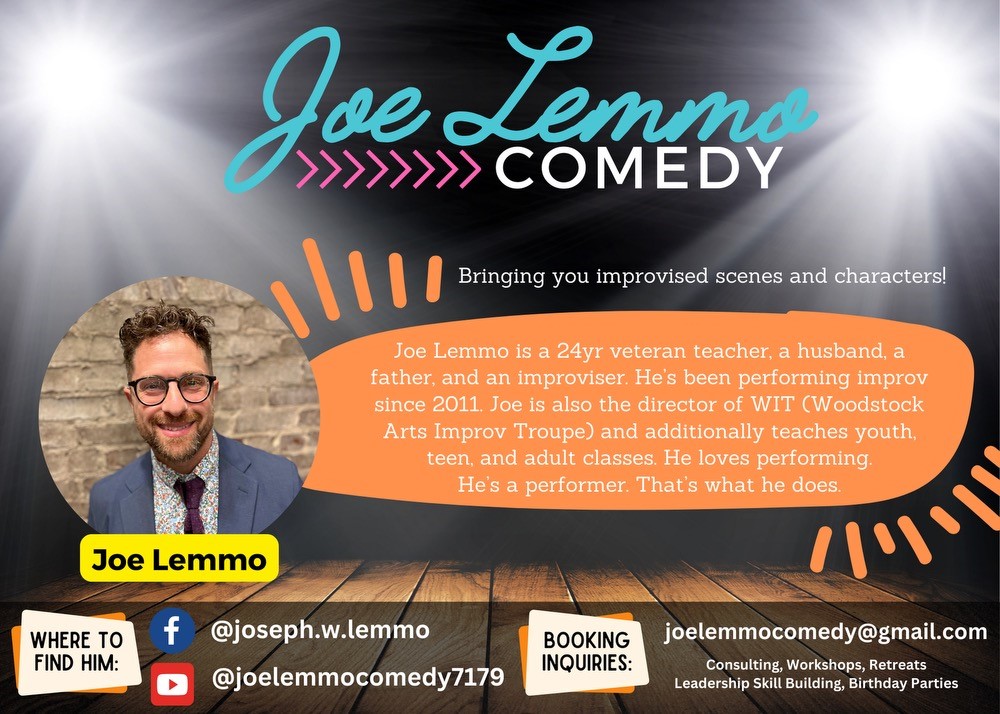
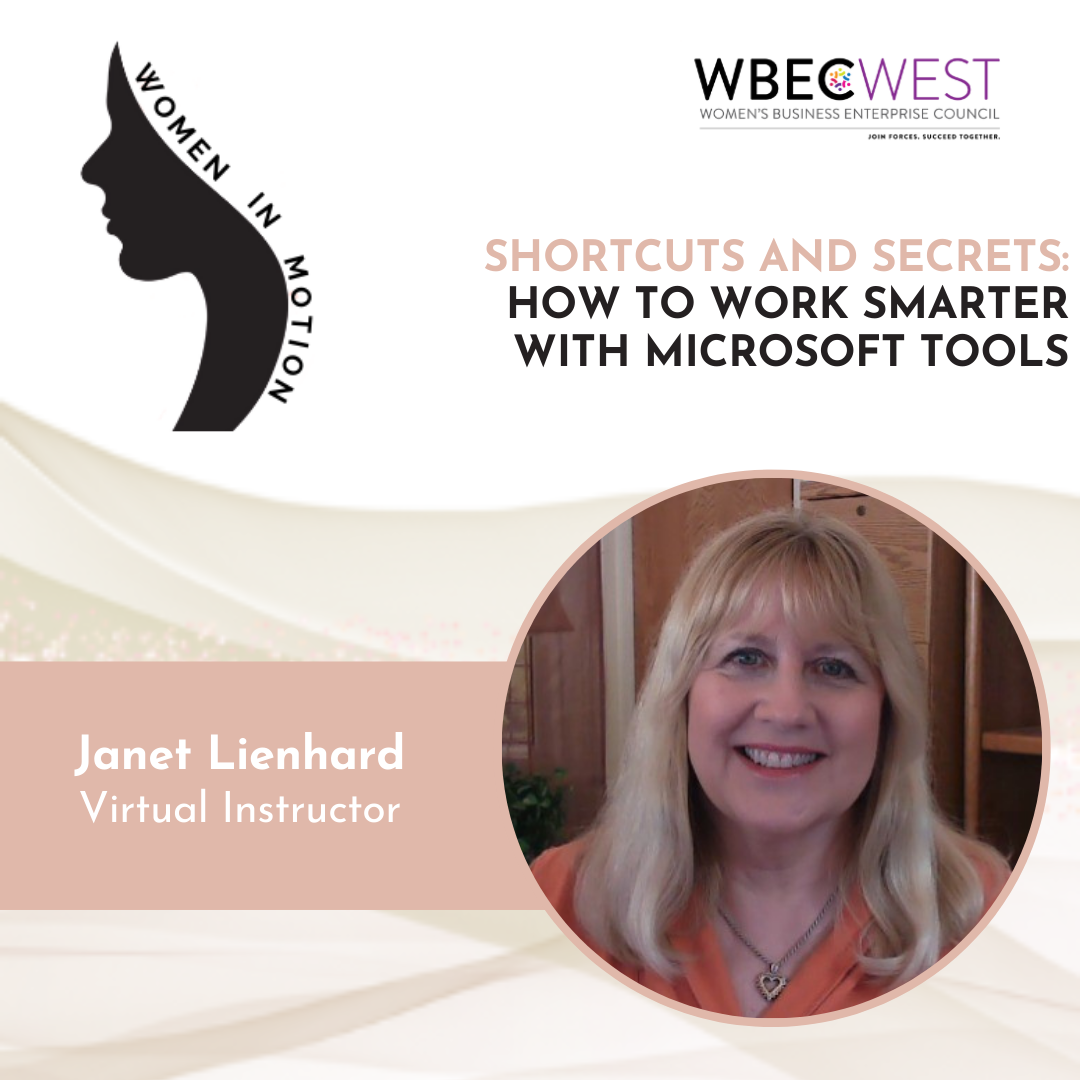

 Janet Lienhard
Janet Lienhard

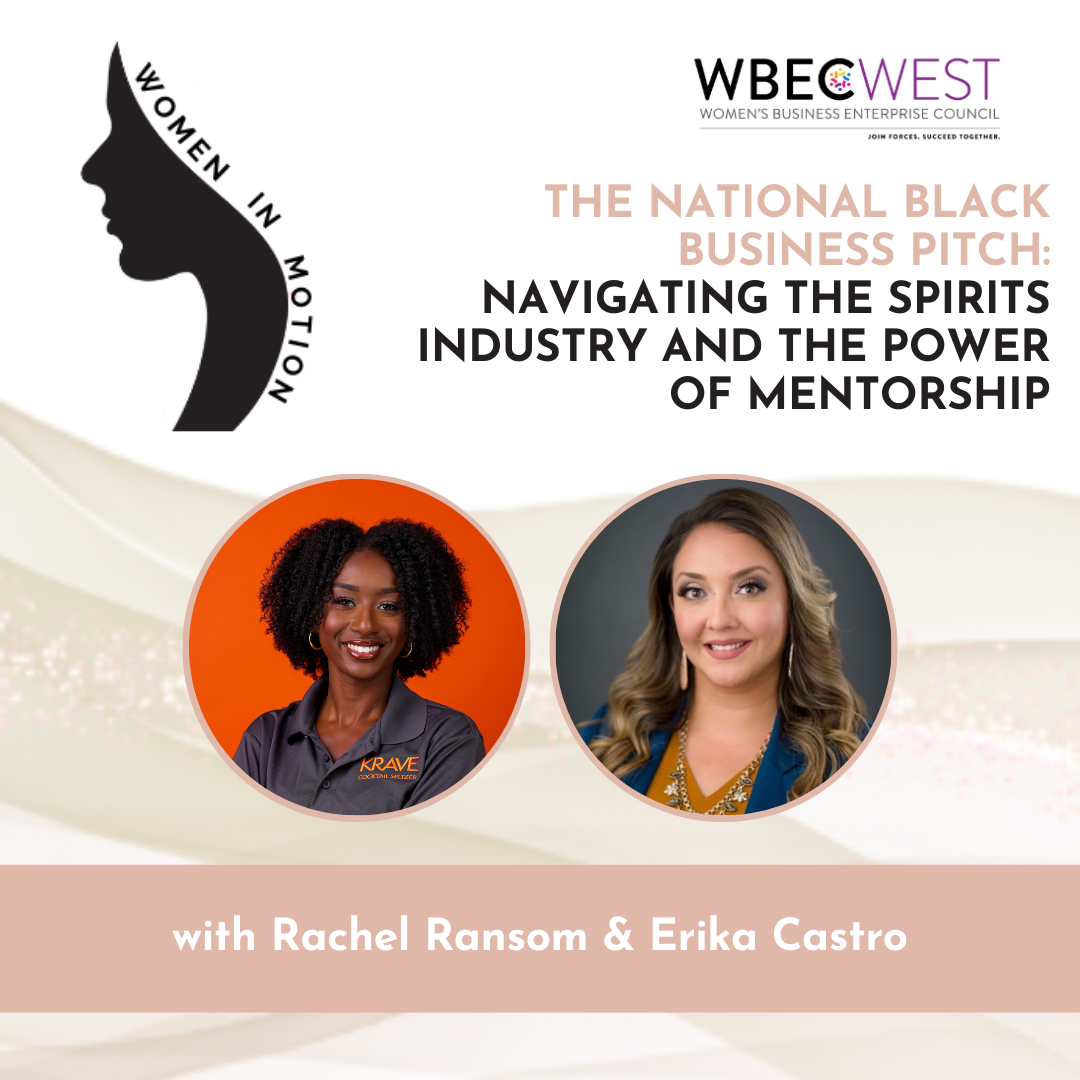
 Rachel Ransom is the Co-Founder of
Rachel Ransom is the Co-Founder of 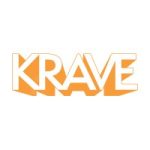
 Erika Castro is the Supplier Diversity and Supplier Management Manager at
Erika Castro is the Supplier Diversity and Supplier Management Manager at 
 Lou Rosado Jr, a Southern New Jersey native with a Bachelor’s in Business Management, brings nearly two decades of leadership experience with a Fortune 50 company.
Lou Rosado Jr, a Southern New Jersey native with a Bachelor’s in Business Management, brings nearly two decades of leadership experience with a Fortune 50 company.













